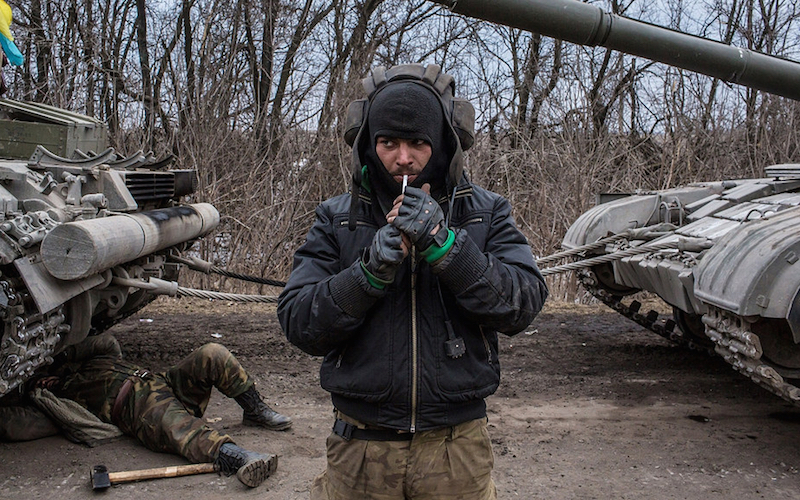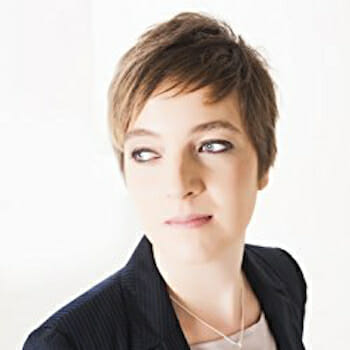
NATO Goes Global
My article “Hegemony, Equilibrium and Counterpower” asserts that global integration is necessary to achieve global peace. That idea was heavily influenced by my readings about instiutionalists, like Volker Rittberger (a teacher of mine) and David Mitrany and Emanuel Adler. Integration goes hand in hand with inclusion. This means that integration by spreading our political systems on the national basis and our economic methods on the transnational basis is not enough (if it ever can be fully achieved). It also means that we need to include other states in the global institutions we, in particular the United States, created.
It was a mistake not to include Germany and Russia in the negotiations for the Treaty of Versailles, and it was a mistake not to include them in the League of Nations later on, even if they finally joined. Similarly, while we have near global membership in the United Nations, we need to broaden the other global institutions membership. One controversial example is NATO. John Ikenberry warned against a global NATO. However, I believe that it would be beneficial to broaden the membership of NATO and in particular, this would include Russia. From Russia’s point of view NATO is a threat to its security. The crisis in Ukraine, for example, can partially be explained by this threat perception. Including Russia in NATO would help reduce the threat and would bring them closer to the West.
The final goal would be to transform NATO into a global organization, which would provide a military dimension to the United Nations system.
This would pose it’s own challenges, such as how to act if a conflict broke out among some of its members. In such a case methods could be devised to render NATO not incapable of action. For example, the UN Security Council could be given oversight on decisions relating to intervention in conflicts. A country involved in a conflict would lose its veto power in the Security Council over that particular event. Therefore, the council could still act and would not be blocked as it was during the Cold War.
Another issue is the need to make the Security Council more representative of the world. The current veto powers do not represent power distribution globally. For example, it has been suggested that the UK and France give up their permanent seats for one common EU seat. Also, the inclusion of new permanent members needs to be considered.
A more democratic and inclusive UN and a broadened NATO could arguably help make these institutions more legitimate, and thereby help promote world peace.
Finally, a more integrated and inclusive world authority would need to increasingly base its legitimacy on the peoples of the world. Even if Robert Keohane laments a missing global demos, I believe it is increasingly developing, in particular with the spread of the internet although in an embryonic form. For basing global institutions on a firm democratic basis, we would need a United Nations Parliament, something that has long been called for by some groups. A United Nations Parliament would function like the European Parliament. Europe could function as some have termed it, as the greenhouse for a more inclusive United Nations.
To read the full analysis, please visit The World State Debate.

